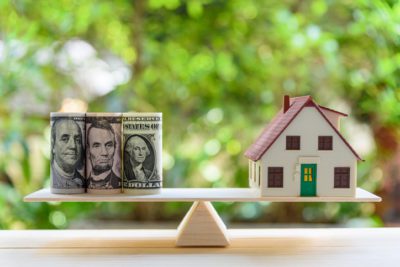 Should I pay-off my mortgage is a common question we receive. There isn’t a one-size fits all answer, as each case has unique variables to think about. You can find people who will recommend both for and against paying off the remainder of your mortgage. It’s not always a case of following the math, because psychology can overcome the deficit.
Should I pay-off my mortgage is a common question we receive. There isn’t a one-size fits all answer, as each case has unique variables to think about. You can find people who will recommend both for and against paying off the remainder of your mortgage. It’s not always a case of following the math, because psychology can overcome the deficit.
If you are debt free, over the age of 60, and your remaining mortgage balance is less than about 20% of your investment assets, I generally lean towards paying off your mortgage. The more that your mortgage rate is over about 4%, the more I believe it makes sense. We are in the longest expansion of the markets in history, so it’s quite possible that future stock returns will be lower than normal over the next 5 years. The current yield received on a 5-year CD is generally very low around 2.5%. Most people are no longer able to itemize their tax return to receive a tax benefit on their mortgage interest. For these reasons I believe it makes great sense to explore paying off your mortgage.
The general rule of thumb for someone over the age of 60 is to have at least 40% of their retirement savings in bonds. Why not take some of that portion you have in bonds, with a generational low yield that resides well below your mortgage rate, and pay the house off?
You can weather a lot of storms when your house payment is gone, and all is left are taxes and insurance. If you lower the withdrawals from your portfolio by the amount saved on the house payment, you should gain great confidence that you can better withstand the whipsaws experienced in the stock market. I believe this will likely create a higher discipline for most people with how they feel about their investment portfolio, and how they budget their daily lives.
The biggest argument against doing this is that you lose liquidity of your assets. In other words, you lose easy access to cash. Now your assets are completely locked away as the value of the home. Access to that asset could become more expensive with higher interest rates in the future.
Ultimately, you have to know yourself and measure all the variables against your personal situation to make the best decision. If you are pondering this decision, we would be happy to help facilitate this discussion and map out the best decision using a financial plan.
